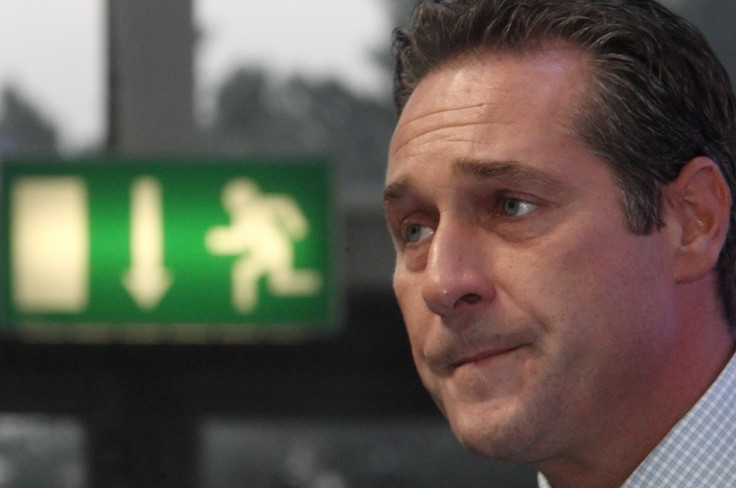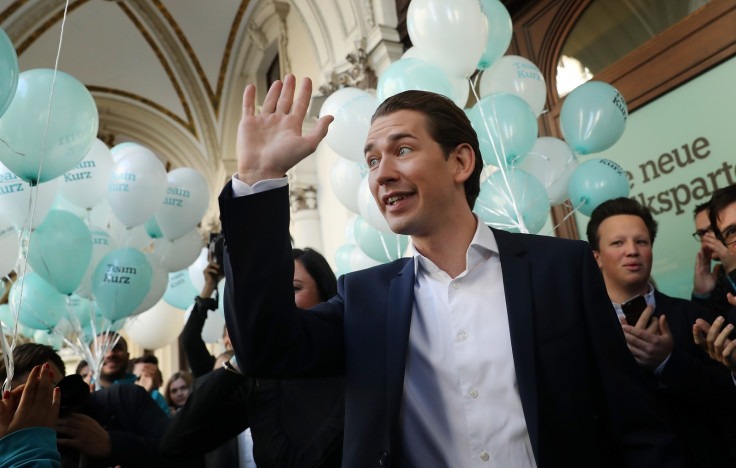Heinz-Christian Strache: Far-right politician set to become first ex-neo Nazi in European government
Freedom Party leader was a member of a Hitler Youth-style organisation.

In 2016, Austria narrowly avoided a far-right presidency lead by the Freedom Party, a group with Nazi origins. Now in 2017 the party, although unlikely to win the parliamentary elections, is set to play a key role in the future of the country.
Headed up by the charismatic but controversial Heinz-Christian Strache, the party has had several years of boosted polling numbers and look set to become the second largest party in Vienna.
As with similar parties across Europe, the Freedom Party (FPO) are anti-immigrant. In Austria, they are pushing for a migrants to be denied access to the country as well as a closer political union with the Visegrád Group, which are currently comprised of the Czech Republic, Hungary, Poland and Slovakia.
Unlike in Germany, where the mainstream parties all ruled out forming a coalition with the far-right AfD, the mainstream in Austria has left its options open regarding working with the FPO.
Strache has amassed plenty of support across the country, but his previous political actions still rub many up the wrong way. If elected, he looks set to become the first European politician with a confirmed neo-Nazi background to sit in government.
When he was aged 20, Strache was arrested for taking part in a banned march modelled on the Hitler Youth.
But in the 10 years that he has lead the FPO, he has turned from political pariah into someone who could hold many of the cards once the dust settles on Sunday's election.
Traditional parties have bent their views and opinions to move more in-line with Strache and the FPO, emphasising the impact that he has had on Austrian politics without ever entering parliament.
While many eyes are on Strache, the front-runner is the 31-year-old Sebastian Kurz, the foreign affairs minister who has catapulted his centre-right OVP party from third to first in the polls.
He has pushed his party, which has been in coalition for much of the past 30 years, to the right with many heralding him as a fresh face, similar to Justin Trudeau and Emmanuel Macron.
The only guarantee is that Austria is set to turn right. The question is, by how much?







